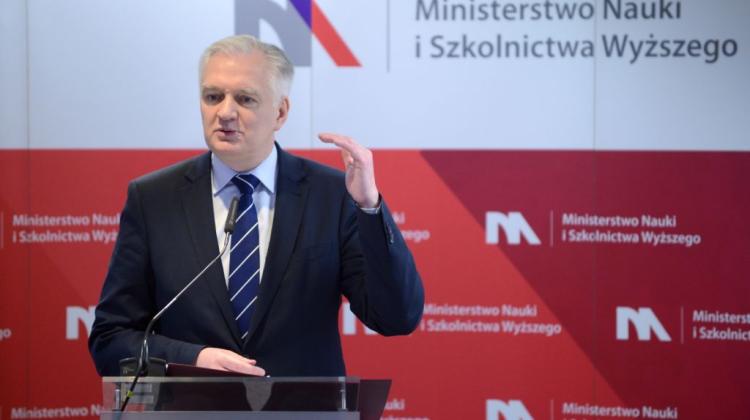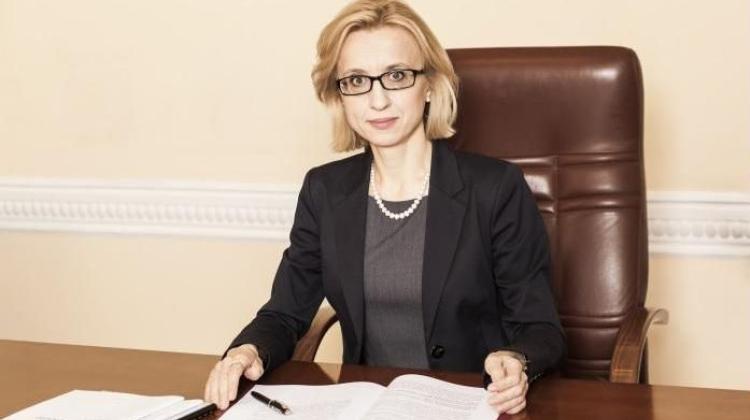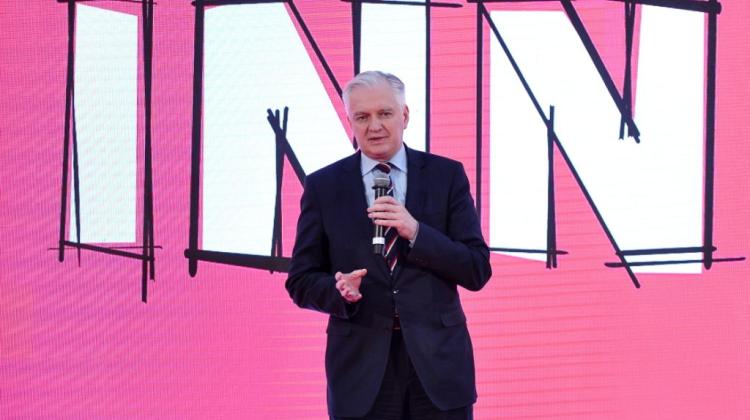NCP: Polish researchers have already received more than 136 million euros in Horizon 2020

To date, Poles have received more than 136 million euros in funding from Horizon 2020, which represents 1 percent share in the overall funding of the Member States. "This situation is unacceptable" - Minister of Science Jarosław Gowin said on Friday.
On Friday, during the conference "Horizon 2020, where we are and where we are going - opportunities and challenges for Poland" representatives of the academic community discussed the use of funds from the programme. In turn, the National Contact Point for EU Research Programmes (NCP) presented the summary of 200 competitions resolved within the framework of the Horizon 2020 programme.
The data presented by the NCP show that over two years Polish institutions received a total funding of more than 136 million euros. That\'s one-fifth of funds awarded to 13 countries of the so-called new Union that joined the EU after 2004. This amount represents a one percent share of the overall funding awarded to the Member States. This result is similar to the results from the previous 7th Framework Programme.
The results place Poland as a leader among the countries of the so-called new Union, and 15th among the Member States. The result is also similar to the results of some of the countries of Western Europe, for example Ireland, Finland, Portugal and Denmark.
"Polish scientists and entrepreneurs actively participate only in 400 Horizon 2020 projects" - Minister of Science and Higher Education Jarosław Gowin said during Friday\'s conference. "Despite significant mobilization of the scientific and business communities, our participation in the programme budget remains similar to previous years, at the level of 1 percent. This situation is unacceptable" - said the Minister of Science.
Among the projects for which Polish institutions received the most funds from Horizon 2020, in the lead are Maria Sklodowska-Curie research and training grants, IT and telecommunications projects, as well as projects related to health and energy. Among the Polish grantees the participation of industry increases, in particular small and medium-sized enterprises. The most active Polish company in the group has won a grant of approx. 3.7 million euros.
Comparison between Poland and the best in the entire European Union, however, shows that the scholars and entrepreneurs from the "old fifteen" are much more effective and active. They received almost 90 percent funding awarded so far in Horizon 2020. The most active countries were the United Kingdom, Germany, Spain, Italy, France and the Netherlands.
The Minister of Science pointed out that while Horizon 2020 contributes to the creation of effective European Research Area, some problems are associated with it, too. "The solutions contribute to the formation of nodes of excellence that do not radiate to other regions. We are dealing with the phenomenon of black holes in the European Research Area. These nodes of excellence suck out the best ideas and the best researchers from countries that are less developed in the field of research and innovation" - described Gowin.
This tendency - he stressed - is reflected in the participation of different countries in the budget of Horizon 2020. "For many years there has been a significant gap between the new and old EU countries in terms of participation in the framework programmes. 13 new EU countries have received only less than 5 percent of the total budget issued so far in the program" - he said. According to Gowin, the position of these countries does not result solely from their smaller experience or scientific potential, but also from unfavourable general solutions, such as those relating to the remuneration of researchers.
"Polish is not satisfied with only the leading position among the EU13 countries" - emphasised the director of NCP, Dr. Zygmunt Krasiński. "For Poland to become a significant partner and shareholder in the whole community, we have to carry out effective reform of the system of research and innovation, increase investment in research and development, open up institutions to international cooperation and relations with partners from the Western Europe. We also need to build effective support system for scientists and entrepreneurs with regard to obtaining EU funds - in the regions, at universities and in scientific institutions" - he added.
PAP - Science and Scholarship in Poland
ekr/ mrt/
tr. RL
Przed dodaniem komentarza prosimy o zapoznanie z Regulaminem forum serwisu Nauka w Polsce.


















